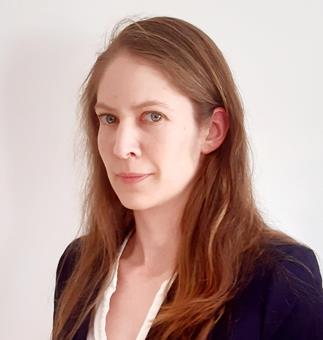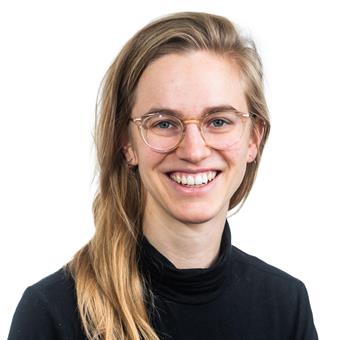By combining the flexibility of simulation models to analyze interdependent behaviors with the suitability of discrete choice models to study individual behavior, I examine segregation processes from a dynamic perspective. I view these simulation models as social laboratories, helping us understand how individual actions within structural settings lead to macro-social patterns. Additionally, I use these models to evaluate the potential effects of policy interventions within a holistic, empirically-grounded framework.
Currently, I am leading a project at IAS to evaluate how neighbourhood reputations influence the residential and school choices of households in Sweden. In this project, we will apply cutting-edge techniques using large language models to study the reputation of neighbourhoods in Swedish newspaper data and online media sites.
My background in analytical sociology began at the Autonomous University of Barcelona, where I earned a Ph.D. in Sociology with a thesis titled "A Dynamic Study of Rumor Diffusion." I then moved to LiU and the Institute for Analytical Sociology (IAS), where I have delved into segregation dynamics using statistical modeling, network analysis, and simulation tools.
I am also director of the course "Agent-Based Modeling for the Social Sciences" - a mandatory course in the Master’s in Computational Social Science program offered by IAS at LIU.
Works in progress:
Eduardo Tapia: “Social Borders and Residencial Mobility”
Eduardo Tapia & Martin Arvidsson: “The Reputation of Neighbourhoods: A Text Analysis Approach Using Swedish Newspaper Data"
Eduardo Tapia & Martin Arvidsson: "Homophilous Residential Preferences and Integrating Residential Mobility".
Benjamin Jarvis & Eduardo Tapia: "Modelling Segregation Processes in Hybrid Housing Markets"
Benjamin Jarvis, Guilherme Kenji Chihaya, and Eduardo Tapia: "Kinship Effects on Residential Mobility and Ancestry Segregation in Stockholm."




































